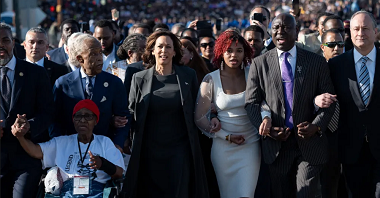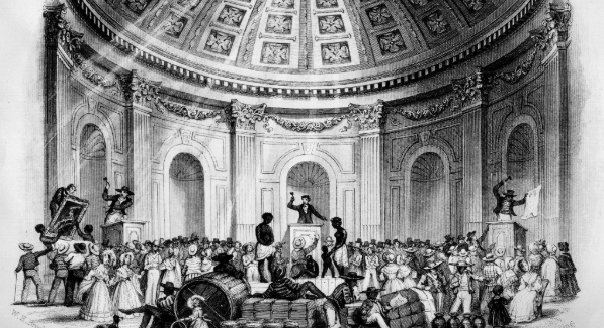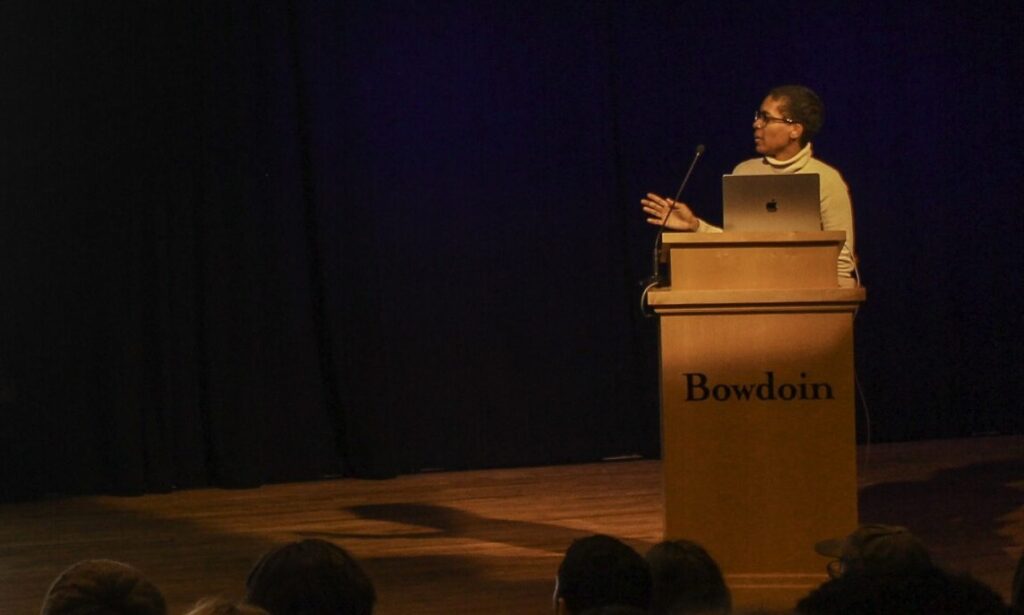The Civil Rights Movement and Kamala Harris’s Foreign Policy

The Civil Rights Movement and Kamala Harris’s Foreign Policy
How might the U.S. civil rights movement inform a Harris administration’s approach to foreign policy?
In a world riven by authoritarian leaders eager to capitalize on American divisions, such an approach would certainly be welcome. And the civil rights movement is arguably directly responsible for presidential candidate and current Vice President Kamala Harris’s existence: Her parents met in 1962 at a University of California, Berkeley campus study group where her father delivered a speech on the parallels between Jamaica and the United States.
While many Americans think of the civil rights movement as a distinctly U.S. phenomenon that began in the 1950s, in reality it began much earlier. Black Americans began pursuing civic equity through formal channels in the 19th century, and from the very beginning that pursuit was strategic in its international engagement. Harris’s parents—both raised as British colonial subjects in Jamaica (her father) and India (her mother)—saw the work of making the United States more equal as paramount to their lives. They engaged deeply with that work and imparted their dedication to their child. This story alone is emblematic of the global dimensions of the cause.


